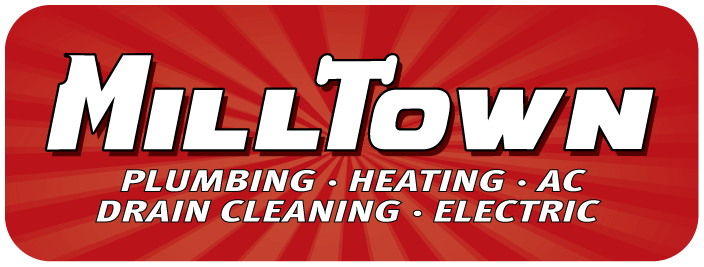Doing Water Heaters The Right Way
- Plumbing

A lot of people don’t think too much about their water heaters. Most people take them for granted. All they know is that the water is hot when they turn the knob the correct way. But a water heater is an expensive piece of hardware and should be upkept appropriately. And like anything, there’s a right way and a wrong way to go about maintaining your system. Here are a couple of quick pointers to do water heaters the right way.
Be Proactive
Generally good advice for life, but it also works for water heaters. Keep an active eye on your system, check up on it once a week. It won’t take terribly long, and any glaring issues will be pretty obvious upon close inspection. This sounds like pretty obvious advice but you really are the best early detection system for problems with your water heater.
Do The Reading
Read up on your water heater. Find out the make and model, and just do a few minutes of cursory research on Google. Knowing how many gallons it holds, it’s expected lifespan, and the recommended service frequency are super simple tidbits of information that you can find online easily. Simple, but effective. Knowing this information puts you miles ahead of 99% of homeowners as far as water heaters are concerned.
Invest in Water Heater Accessories
There are a number of accessories you can look into to improve the effectiveness of your water heater. From tank expansions, to stands, to timers, there’s plenty of supplementary products you can invest in to make a difference in your system’s performance. With the proper accessories, your water heater can service your home and keep you even more comfortable than before.
Have Your Water Heater Repair Tech On-Speed Dial
When you do notice a significant problem with your system, getting a professional on it ASAP is critical. Untreated water heater problems can and will escalate and end up costing way more money than if you just dealt with it to begin with. Know your local water heater provider and give them a call right away when things start going sideways.
When you do need to call in the pros, Milltown is the go-to choice for your water heater needs. With over 20 years experience in the industry, we know it all because we’ve seen it all. Call the experts at Milltown today and see why we’re Tewksbury’s favorite provider!
Call us today to schedule your service!













